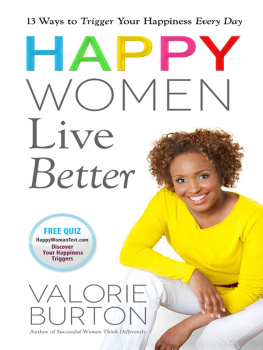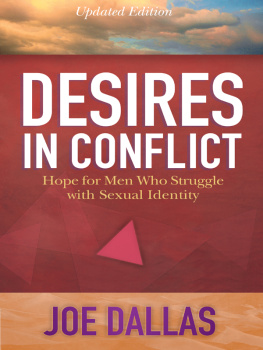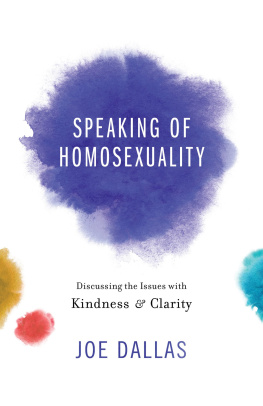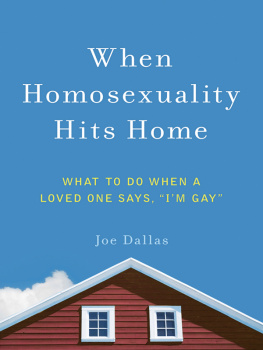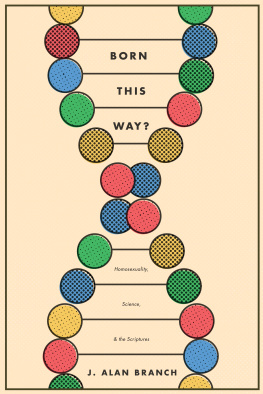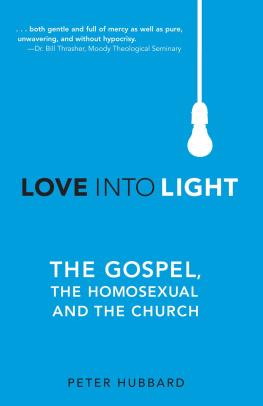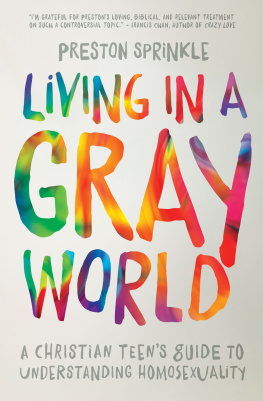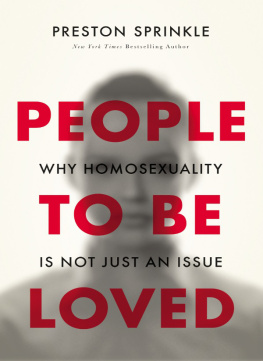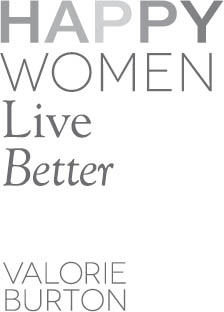

HARVEST HOUSE PUBLISHERS
EUGENE, OREGON
Scriptures taken from the Holy Bible, New International Version, NIV. Copyright 1973, 1978, 1984, 2011, by Biblica, Inc. Used by permission of Zondervan. All rights reserved worldwide. www.zondervan.com
Cover design by Harvest House Publishers Inc., Eugene, Oregon
Cover photo Chris Garborg
Makeup by Kym Lee
Valorie Burton is represented by the literary agency of Alive Communications, Inc., 7680 Goddard Street, Ste #200, Colorado Springs, CO 80920. www.alivecommunications.com.
HAPPY WOMEN LIVE BETTER
Copyright 2013 by Valorie Burton
Published by Harvest House Publishers
Eugene, Oregon 97402
www.harvesthousepublishers.com
Library of Congress Cataloging-in-Publication Data
Burton, Valorie, 1973-
Happy women live better / Valorie Burton.
pages cm
ISBN 978-0-7369-5675-8 (pbk.)
ISBN 978-0-7369-5677-2 (eBook)
1. WomenReligious life. 2. HappinessReligious aspectsChristianity. I. Title.
BV4527.B87 2013
248.8'43dc23
2013022684
All rights reserved. No part of this electronic publication may be reproduced, stored in a retrieval system, distributed, or transmitted in any form or by any meanselectronic, mechanical, digital, photocopy, recording, or any otherwithout the prior written permission of the publisher. The authorized purchaser has been granted a nontransferable, nonexclusive, and noncommercial right to access and view this electronic publication, and purchaser agrees to do so only in accordance with the terms of use under which it was purchased or transmitted. Participation in or encouragement of piracy of copyrighted materials in violation of authors and publishers rights is strictly prohibited.
May the crossing of our paths lead you to more smiles, more laughs, and more life!
Contents
Why this book matters to you at this moment in time
Every day, I make sure I have something to look forward to.
Every day, I find a way to smileespecially on bad days.
Every day, I do at least one thing to brighten someone elses day.
I aim to live on less than 75 percent of my income.
Before I lay my head down at night, I reflect on the three best things about today.
I speak to my family and friends more than I email and text them.
I minimize interruptions so I can fully engage in the activity at hand.
I give myself permission to play, be silly, and have fun!
I sleep. I rest. I embrace what is.
Every day I speak words of hope, peace, and love.
I spend 30 minutes each day moving my body.
Every day, I enjoy a moment worth savoring.
Happiness is not the sole aim of my existence.
APPENDIX
I know, I know. You like to go straight to the first chapter and skip the introduction. But this one time, dont. Before we dive in and discover how you can be happier starting today, I want to shed some light on why this subject matters at this point in history. And why your picking this book up is about more than just your happiness. It is about a movement.
We are in a crisis. But no one seems to have noticed. As women, we have more, but we enjoy less. We are more educated. We have more choices. We make more money. We raise fewer children. And thanks to technology, the chores are much easier. Women today have more opportunities than any women in the history of the world. And yet, research shows that collectively we are less happy than we were 40 years agowhile men are actually getting happier. Why is that? And just as importantly, what can you do about it so you dont fall into these alarming statistics? Here are just a few of them:
While we were told we could have it all, and it is assumed we all want to climb the highest heights of professional success, three quarters of working women today say they aspire to a financial lifestyle that would allow them to stop working and stay home.
Women today are twice as likely to be depressed as men.
Today, the average age of the first onset of depression is ten years younger than it was just a generation ago.
Women who pursue it all (education, career, marriage, children) have increasingly discovered that the more they achieve in the first half of that equation (education, career), the smaller their chances of success in the second half (marriage, children). Statistics are clear that the more educated you are and the more money you make, the less likely you are to ever get married and have children. The opposite is true for men.
I have written this book with a dual mission in mind: to get women talking about their happiness and to give you the tools to be happier.
My conversations with women from all walks of life echo the same refrain, whether they have a stellar career and no kids or are married, stay-at-home moms of five: I should be doing more. This isnt what I thought life would be. I feel like Im missing out on something. In this book youll hear from women like you, talking about the angst they feel in life. The pressure they feel to catch up. The disappointment they feel at having done the right things and checked the right boxes, and somehow still not getting the life theyd expected. And youll hear from some who somehow seem to have it all. Whats their secret? I think youll be surprised by the answers.
Mission #1: Whats Going On?
First, I want to spark conversation between you and your girlfriends, daughters, aunties, cousins, coworkers, and any woman in your circle. As women, we need to raise our consciousness about the impact of cultural shifts on our collective happiness. Why does high income decrease a womans prospects for marriage and family? Why do men get happier as they get older while many women tend to get sadderand how can you keep that from being your story? And can you really have it alland how do you define having it all?
Through multiple conversations and taking a look at the growing research, it has become obvious to me that the threat to womens happiness has been gradual. Because of that, most of us have not noticed the changes in expectations and dynamics over the last 40 years or so that have dramatically increased our stress levels and made it harder to achieve happiness. Women who were young adults in the late 1960s and early 1970s point out the differences in cultural expectations easily. Having lived it and watched the changes over time, the contrast is stark.
In 1972, there were fewer expectations on anybody about anything! pointed out Christine Duvivier, positive psychologist and parenting expert. I dont think there were as many expectations on anybody about what you were supposed to achieve or supposed to have.
Whatever the reasons for the shifts in our culturechanges that are likely impacting you in ways you may not have previously consideredyou can be a part of the solution. You can raise awareness merely by bringing up the subject. I promise. Every woman has an opinion about it.
As I stumbled across this topic, I simply brought it up casually to every woman I came in contact with. Did you know research shows that since the early 1970s women have become less happy while men are getting happier? Especially by their early 40s, many women are feeling like life just hasnt turned out to be all theyd hoped. Theyve tried to have it all, but too many come up short. Why do you think that is? Not one woman responded, I dont know. Instead, they launched into long diatribes about their own lives, their daughters, their mothers, their friends. The comments were wide-ranging, but shared a similar theme:
Im exhausted trying to do it all.
Next page
